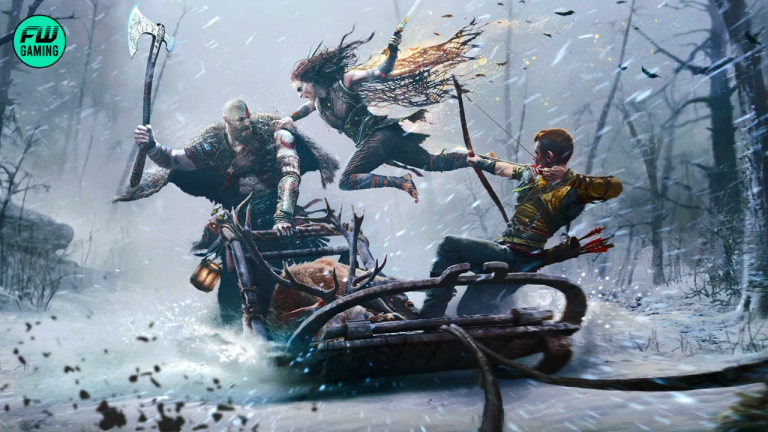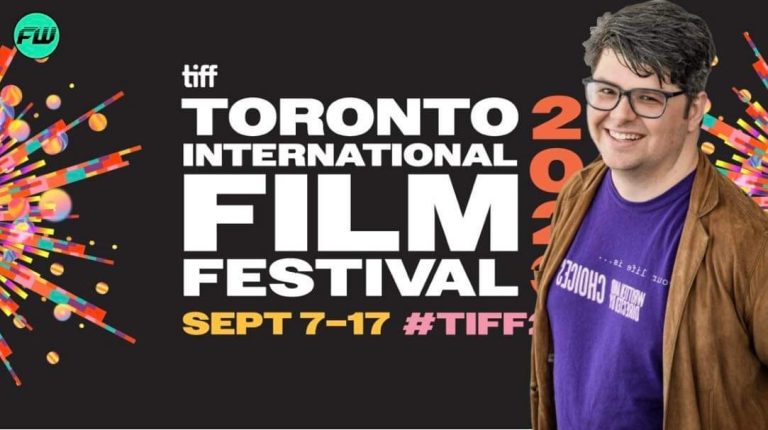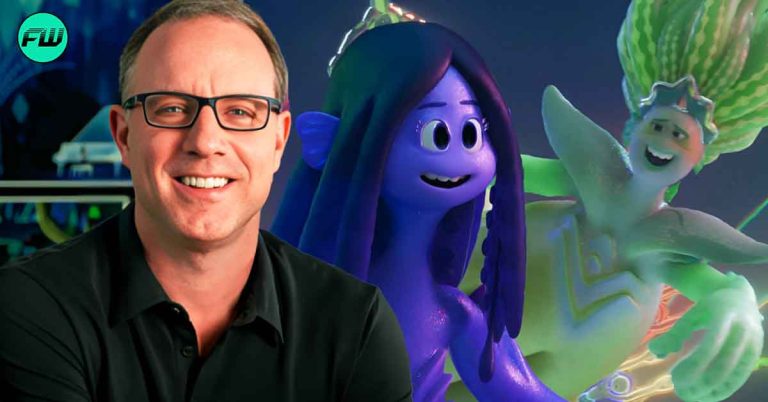Franklin Ritch’s sci-fi drama The Artifice Girl has been earning raves on the festival circuit, first debuting at last year’s Fantasia — where it won the Gold Award for Best International Feature — and making stops along the way at other festivals including SXSW and Overlook.
The film follows a group of people who develop and use a revolutionary artificial intelligence program to apprehend child predators. It could not come at a better time with the discussion of AI reaching a head right now. We talked with filmmaker and actor Ritch about the film, AI, and more.
The Artifice Girl Interview
“Funnily enough, the interest didn’t really start too much with AI. I had read a few articles prior to writing the script that talked about how, in the real world, people are using AI and technology to hunt down predators and criminals online.I just thought that that was like a cool way to use technology for good. So that idea of what kind of conversations the developers were having behind closed doors — that was interesting to me. But I didn’t feel compelled to really write anything until there was sort of this epiphany in the spring of 2020, when I was revisiting scripts and ideas during the pandemic. There was just this moment of ‘Okay, there could be a thematic parallel between the budding adolescence of AI and childhood trauma.’ And suddenly that kind of brought everything like that, that just sort of made sense to me. And in a strange way, that made me feel like that was a story I wanted to tell and that I could use AI as a conduit to explore these themes and ideas.”
The themes explored in the film — from trauma to AI — are very challenging, thought-provoking topics. We asked Ritch why he thought it was important to challenge audiences in ways like this:
“I feel like it’s important for film to talk about anything that’s topical and important. I do think that it does sort of relate to film in a strange way. There’s a bit of dialogue where the characters talk about whether it is ethically okay to take the digital image of a deceased person and put that on another actor. I think the ethics of this technology connect to everything — to every part of our world, including film. For me, though, film has always kind of been my medium of choice of expression. And as much as I’d love to see this script be done on the stage or Broadway or something. I think that this was a story that I really wanted to explore in film, and with that kind of intimacy and claustrophobia.”
Also Read: The Lost King TIFF Review: Another Charming Film From the Team Behind Philomena
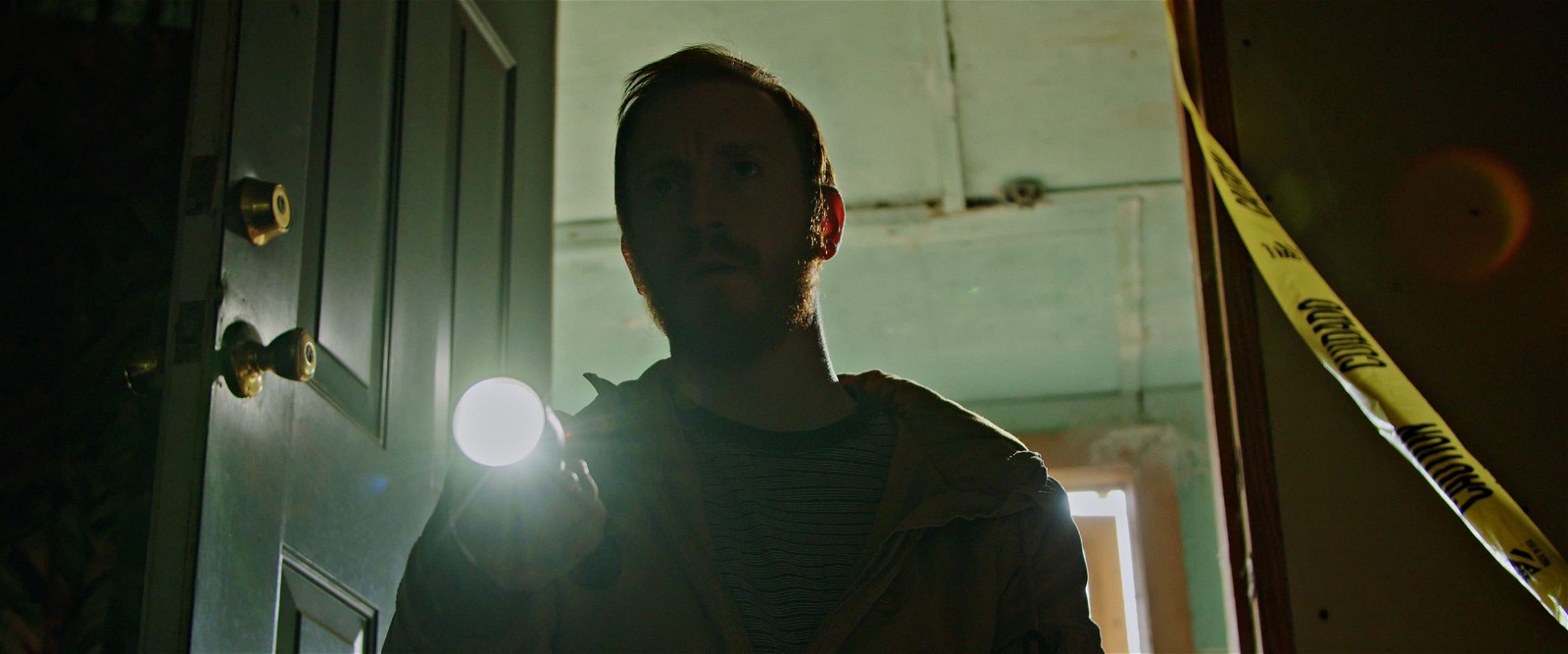
One of the most interesting and exciting things about The Artifice Girl is that Ritch has been working on the film for years, but it feels extraordinarily timely and relevant considering how much the conversation around AI has expanded in the past few months. In a way, he made an of the moment film before that moment could even occur. We asked Ritch how this felt:
“That was crazy. It was unexpected. Like you said, I wrote the script three years ago. AI was a thing, but not the way that it’s been the past few months. Nobody’s talked about AI as much as they have been today. And that’s great! We’ll take it if it gets people to watch the film and be interested in the ideas. I think there is a little bit of fear that our perception of AI might become antiquated very soon, considering how fast things are moving. But at the same time, I think the bigger ideas and ethical discussions that the film poses will hopefully still be relevant. I still think it’s important to discuss things like how AI is a reflection of the best and worst parts of the people who make it. I think that’s still true. Whether it’s an altruistic organization trying to catch criminals, or an opportunistic company just intending to make money, the AI is going to reflect the best and worst parts of us — as children often do. That was kind of the whole idea. Rather than framing AI as Frankenstein’s monster, as it often has been framed in other films like 2001 and Terminator, saying, ‘Well, what if the AI was more like a child and it could receive the generational trauma of its creators?’”
When many people think of AI in film, their initial thought is something like Terminator, where it’s like “Skynet is going to kill us all.” The Artifice Girl is not that at all — with a more subtle discussion of the pros and cons of AI. We asked Ritch why he thinks a dialogue like this is important:
“I think, for one, it’s a conversation that I don’t see often in film, and that was something that that kind of drew me in. This is something that we don’t see this side of very often, except for stories like Her or A.I., the Spielberg film, where AI is sort of looked at with more empathy and compassion. But I do think it’s important for us as human beings to start developing habits of compassion and thoughtfulness and consideration towards our AI counterparts. We don’t know how soon that line is going to get crossed to where they maybe should be deserving of rights, or maybe their synthetic feelings might as well be considered real feelings. I just think it was something that I hadn’t seen discussed fully in other films and wanted to explore further.”
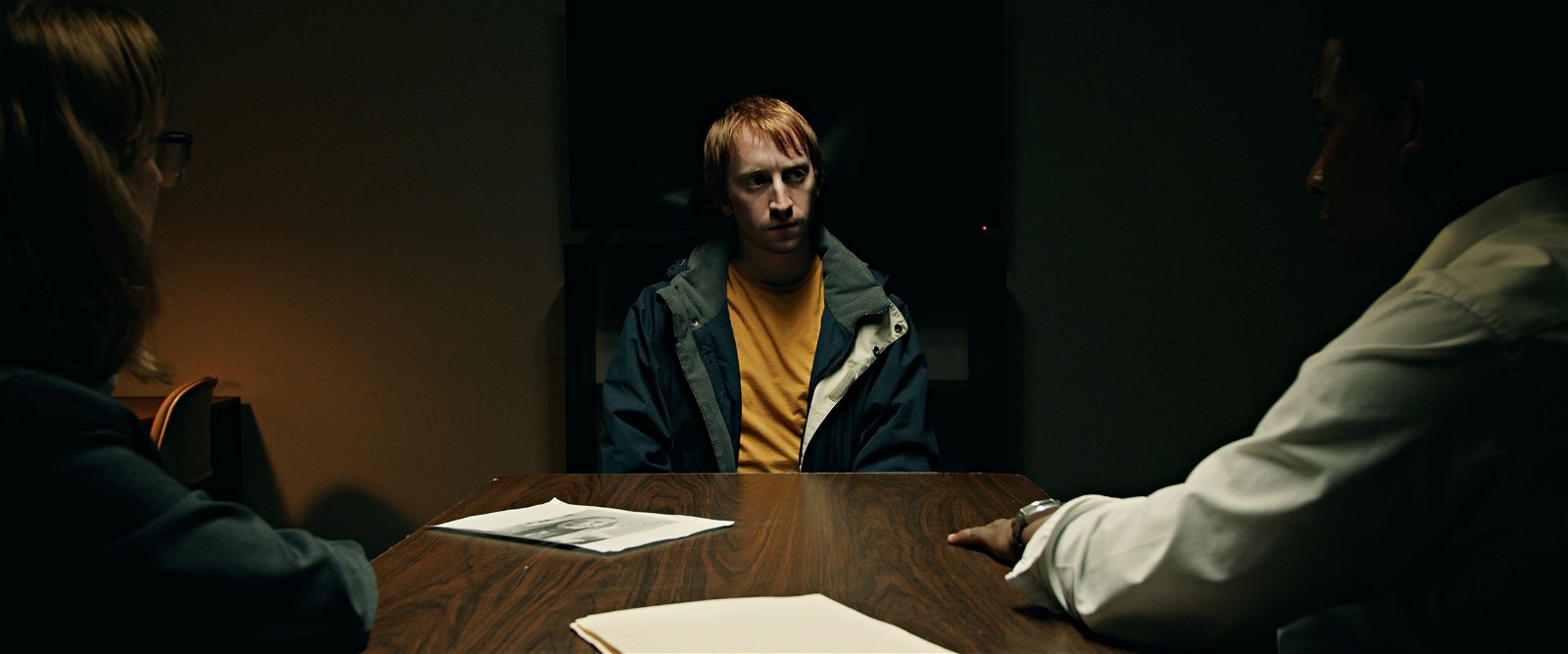
The Artifice Girl has received plenty of sci-fi comparisons, from The Twilight Zone to Black Mirror. Ritch shared some of his influences on the film:
“I mentioned Primer, which I think is an obvious comparison. Definitely Arrival. I love the idea of taking a broad sci-fi sort of idea, and then boiling it down to a very simple human thing. Like with us, it’s its consent, whereas with Arrival, it’s language. I love that people have mentioned The Twilight Zone, because that’s one I haven’t heard often. I got into Star Trek: The Next Generation right around the same time that we started filming. I know I was a little late to that party, but that was definitely a big influence on the production side of things. And then also, a big influence for me, strangely enough, was Metropolis by Fritz Lang. I feel like it might be a little more subtle, the influences, but if you look for them there, they’re all over the place — lots of references, lots of sort of stolen bits of ideas from Metropolis. I love references and I’m sure the film wears it on its sleeve, and in some moments more obviously than others.”
Artificial intelligence today has a very important human element — the inventor, the user, etc. — and The Artifice Girl does an excellent job of showing that. We asked Ritch why the human characters were just as important to him as the AI, Cherry:
“In any kind of situation, the developers or the ‘parents’ essentially — the AI has to reflect the best and worst qualities of someone. And for this film, because those qualities were so important, it was really important to make sure that the human characters were as fleshed out as they were. I did a lot of research, actually having interviews and conversations with real people who did this sort of thing for a living in the real world. And it was really fascinating, not only getting a sense of the technical jargon and all of that, but also just understanding those people as people — why they do what they do, what their motivations are. You have to really be motivated and driven by something in order to confront this horrible evil every day. Each character has a kind of different sort of way that they express themselves. And I do think that was important. One, because I think it makes for a more interesting story. And two, because it helps us better understand the AI character of Cherry.”
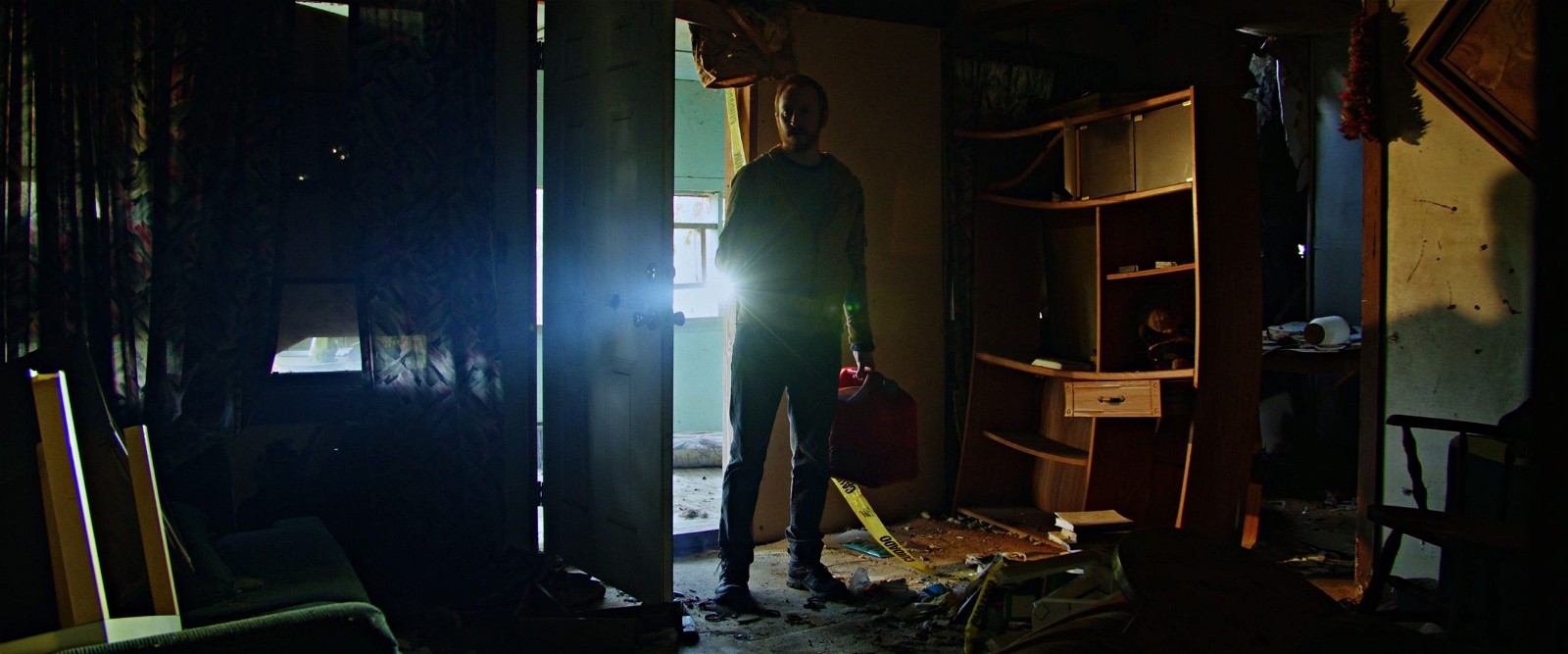
The film is a very in-depth, technical, and grounded exploration of AI, but it’s not so jargon-filled as to be inaccessible or sacrifice telling an all-around good story. We asked Ritch about the challenge of pulling off such a delicate balance:
“That was tricky. I feel like that kind of tightrope was almost accidental in a way, because I didn’t go into this film with any prior knowledge or experience with programming or AI. I took an online course in machine learning and did a lot of research. But I was kind of striving for a language and a use of shorthand that reminded me of films that I really love that do that, like Primer. But you’re right, if you get too far into that, you’re gonna lose the audience. So I didn’t want it to try and be like, “We’re going to teach the audience.” I just let that shorthand exist, but make sure that none of the essential information is communicated with that foreign language. You make sure that all of the important beats and moments are still communicated effectively and clearly, and make sure that — no matter how technical and philosophical and heady that it gets — there’s still an emotional through line for people to continue to follow. I think that was really important in making sure that the film is accessible to a wider audience.”
Last month, the WGA announced that screenwriters could use AI tools like ChatGPT to write scripts, as long as the writer maintains credit. We asked Ritch, as a creator himself, what his outlook on AI was:
“I mean, just since we wrapped production, which was like a year and a half ago, things have changed a lot. I’ll be honest, I’m not entirely sure where I fall on the spectrum between the sort of two camps. It feels like you’ve got people that are very excited, and people that are absolutely terrified, and I think both sides are valid. As a creative and as somebody who works predominantly with fellow artists, yeah, I can definitely think that it’s scary to consider. I hope that in the future, AI is used or is approached as a tool for creatives to use and express through rather than a supplantation for creativity. But at the same time, I don’t know. It’s all still changing rapidly. I just hope that people proceed with thoughtfulness, and more than anything, I think we should be talking about it. We should be having these conversations about it, so that we can better understand and figure out how to move forward.”
The Artifice Girl hits theaters and VOD on April 27.
Follow us for more entertainment coverage on Facebook, Twitter, Instagram, and YouTube.

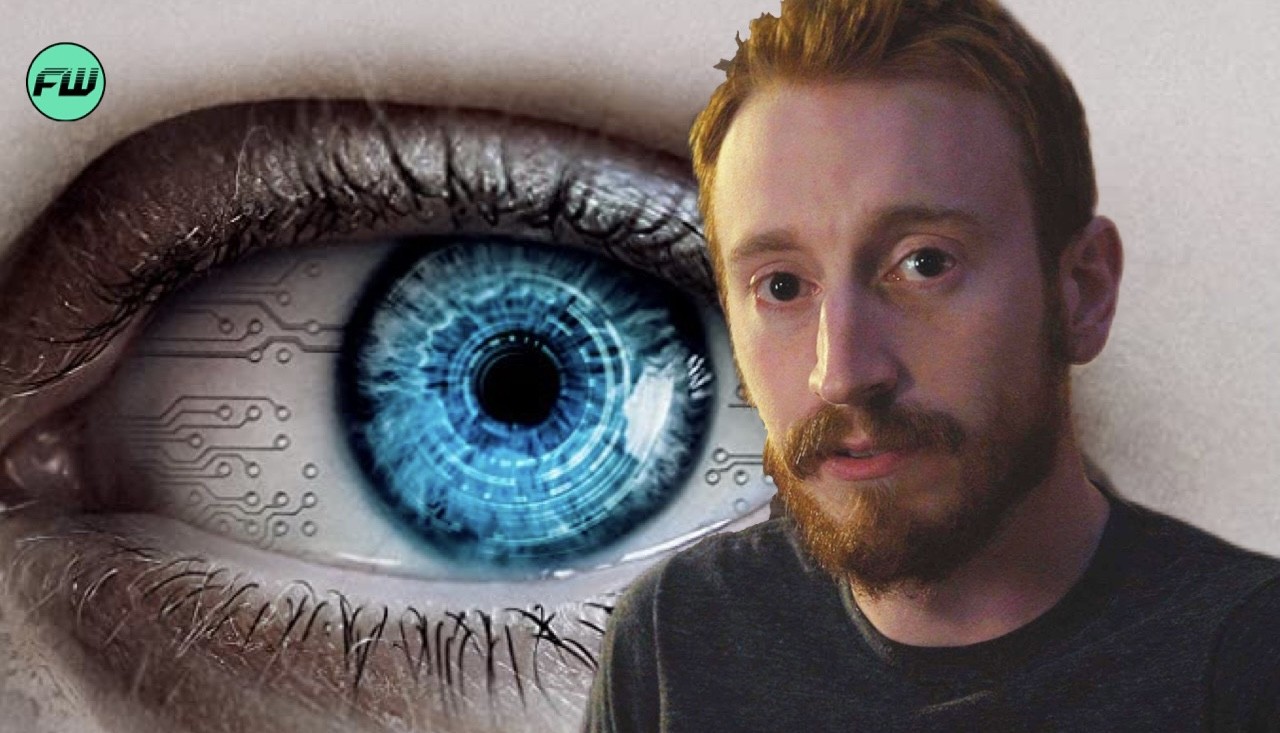
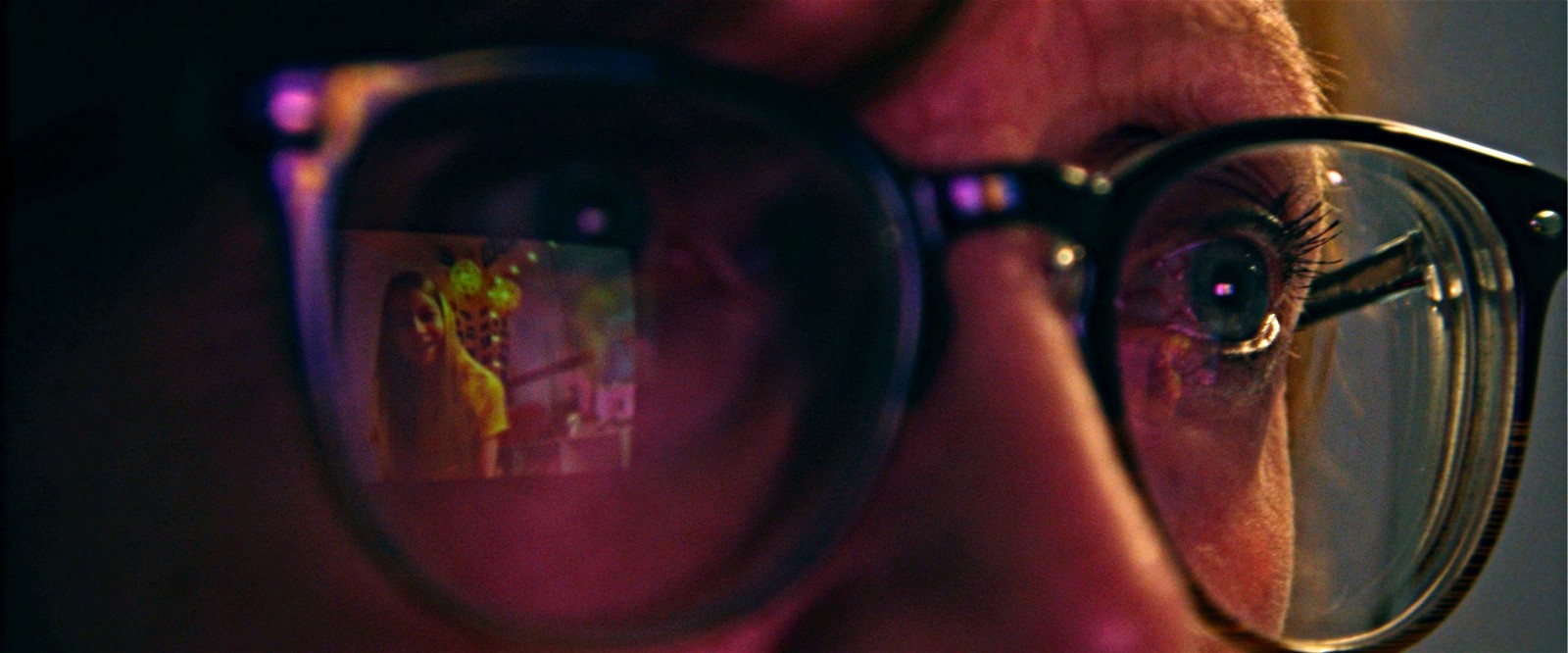
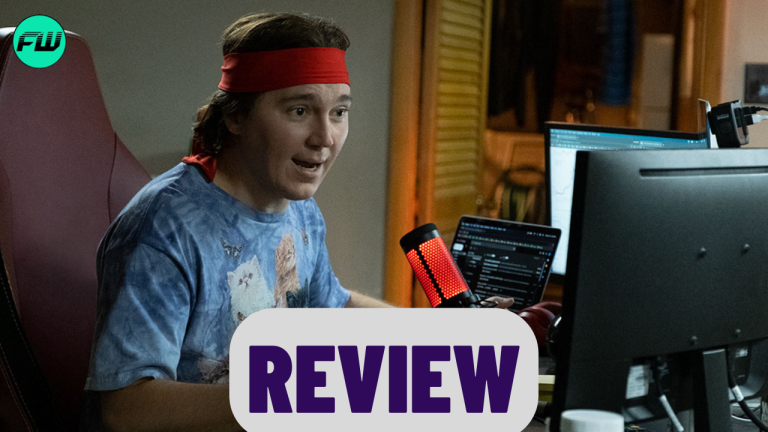
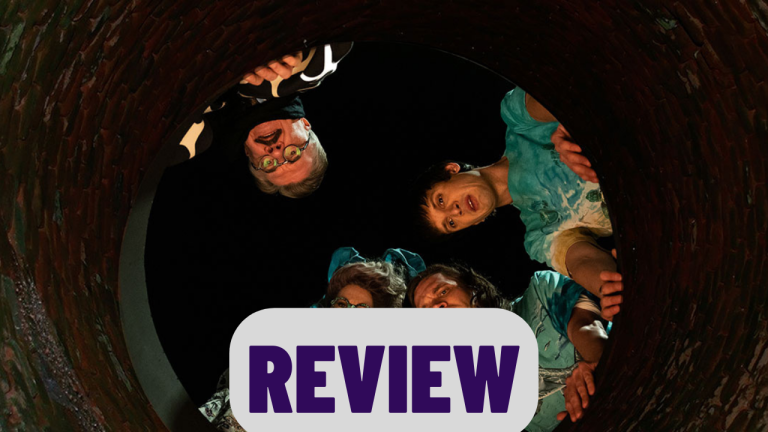

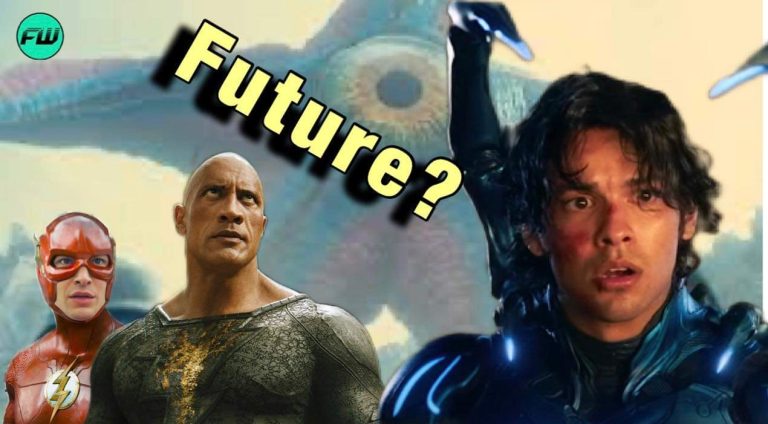
![Lies of P's Game Director Jiwon Choi Discusses the Game, Disney and the Darker Sides of Pinocchio [EXCLUSIVE]](https://fwmedia.fandomwire.com/wp-content/uploads/2023/09/16134750/lies-1-768x432.png)
